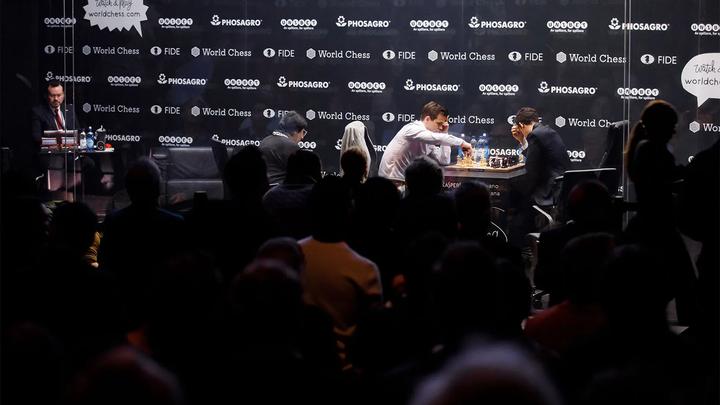Magnus Carlsen Stepped Away From Classical Chess. He’s Now Speedrunning Its Replacement.

Magnus Carlsen once described his decision to leave classical chess as a matter of personal satisfaction. He was still winning. He just wasn’t having fun. So he stepped back. Declined to defend his world title. Took up padel. Played a bit of poker. Built a chess company. Developed a taste for faster time controls and looser formats. In short: the prodigy became a disrupter.
Now, a year or so later, he’s casually dismantling the very game he helped reimagine.
At this week’s Grenke Fischer Random tournament in Karlsruhe, Carlsen won his first seven games in a row — a perfect score, with a performance rating (3356) so high it reads less like a statistic and more like a cry for help from his opponents. He beat Grandelius, Bacrot, Mikhalevski, Liem, Maghsoodloo, and anyone else who happened to be sitting across the board with the wrong end of the random starting position. And he did it with a sense of urgency that suggested he might have a train to catch.
Fischer Random — also known as Chess960 — was originally conceived by Bobby Fischer as a rebellion against theory, preparation, and the memorization-industrial complex. The pieces start shuffled. No one can rely on their pet openings. It’s supposed to be chaos. Democratic chaos.
Carlsen, unfortunately for everyone else, thrives in chaos.
He plays it like he’s been practicing it in secret. And he wins with the kind of insouciant detachment that makes everyone else look like they’re loading the game on dial-up.
This isn’t just winning. It’s narrative control.
He left classical chess, people said, to open the door for new champions. But now he’s back — not in the old format, but in its cool, reformatted cousin — and somehow still dominating. There’s a certain elegance to it. There’s also something mildly dystopian about it, like when the founder of a startup outperforms all the users.
Anish Giri, always with the driest possible one-liner, summed it up best:
“Carlsen is making the same mistake in his new game as in chess. He’s playing it too fast.”
Which is to say: even when Magnus is reinventing chess, he can’t quite resist speedrunning it.
The rest of the field trails by a full point or more. The tournament isn’t over, but the subtext is. Carlsen isn’t just back. He’s still better. And he’s doing it in a format designed to prevent exactly this outcome.
The revolution was randomized. Magnus still got white.
Editor’s Note: World Chess will be launching a dedicated media project later this year. Until then, we’ll be publishing occasional dispatches here — from the frontlines of chess, absurdity, and everything in between.


